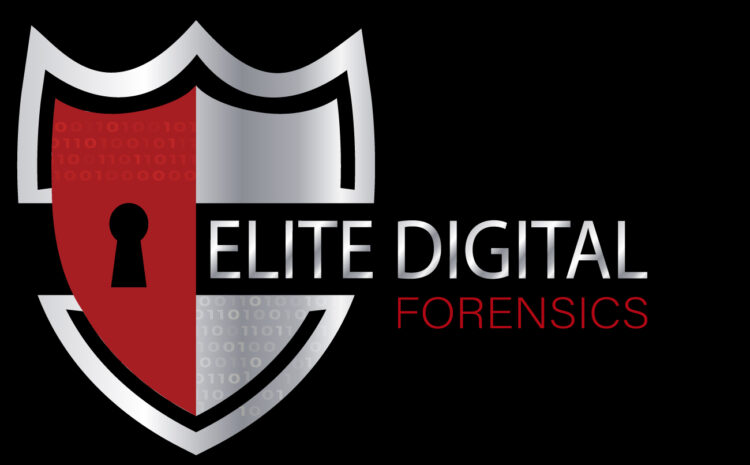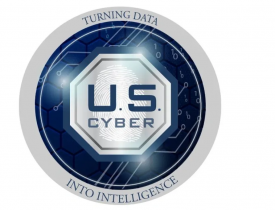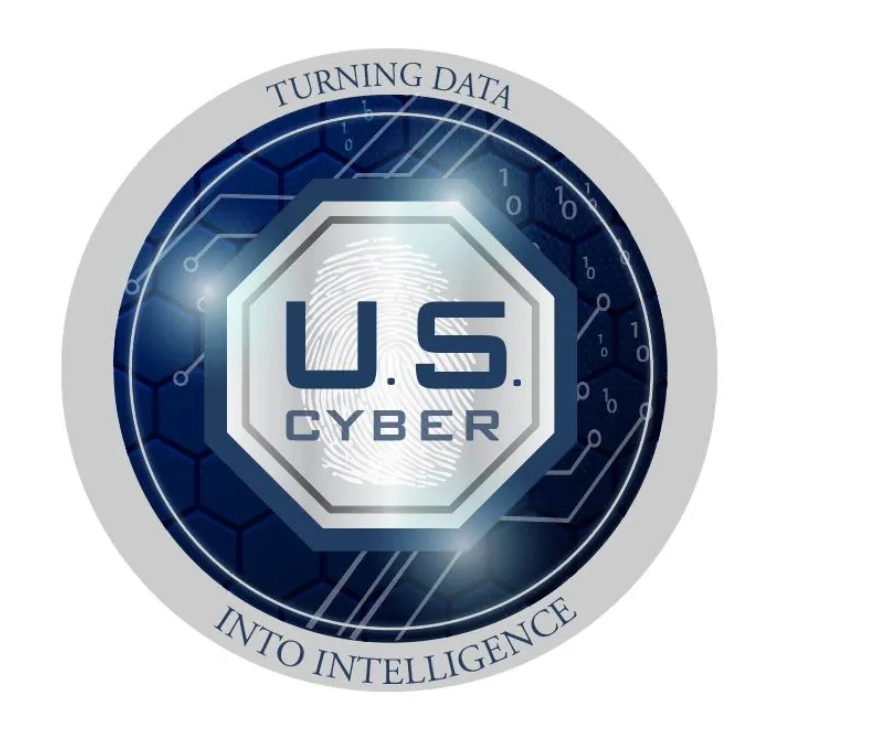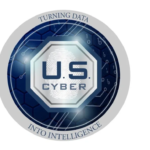
Digital forensics is a rapidly growing field that deals with the identification, collection, analysis, and presentation of electronic evidence. As technology advances, so do the methods and techniques used in digital forensics. This article will compare and contrast the different types of digital forensic services, including computer forensics, mobile device forensics, network forensics, and cloud forensics.
Computer forensics is the process of identifying, collecting, and analyzing electronic evidence from computers and other digital storage devices. This type of digital forensic service is often used in criminal investigations, civil litigation, and internal corporate investigations. Computer forensics experts use specialized software and hardware tools to recover deleted files, analyze system logs, and identify digital evidence that may be used in court.
Mobile device forensics, on the other hand, deals with the identification, collection, and analysis of evidence from mobile devices such as smartphones and tablets. This type of digital forensic service is used in criminal investigations, civil litigation, and internal corporate investigations, and is becoming increasingly important as mobile devices are playing a larger role in daily lives. Mobile device forensics experts use specialized software and hardware tools to analyze the data stored on mobile devices, including text messages, call logs, and GPS data.
Network forensics is the process of identifying, collecting, and analyzing electronic evidence from computer networks. This type of digital forensic service is used to investigate network-based incidents such as hacking, data breaches, and cybercrime. Network forensics experts use specialized software and hardware tools to analyze network traffic, identify malicious activity, and recover lost or stolen data.
Cloud forensics, on the other hand, deals with the identification, collection, and analysis of electronic evidence from cloud computing environments. This type of digital forensic service is used to investigate cloud-based incidents such as data breaches, cybercrime, and insider threat. Cloud forensics experts use specialized software and hardware tools to analyze cloud-based data, identify malicious activity, and recover lost or stolen data.
In conclusion, digital forensics is a rapidly growing field that deals with the identification, collection, analysis, and presentation of electronic evidence. Each type of digital forensic service has its own unique set of tools and techniques, and is used in different types of investigations. Computer forensics, mobile device forensics, network forensics, and cloud forensics all play an important role in identifying and analyzing electronic evidence, and are essential in helping to uncover the truth in criminal and civil cases


